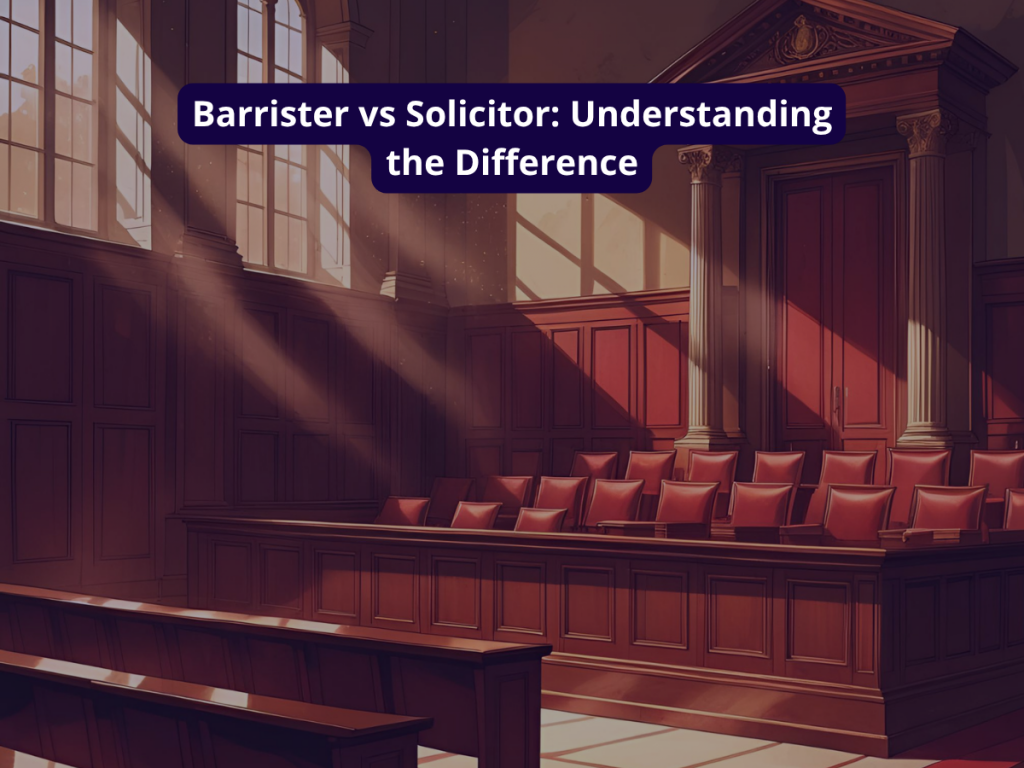Law Apprenticeships UK: Your Guide to Legal Training
Law Apprenticeships UK: Your Guide to Training with Datalaw Embarking on a legal career no longer requires following the traditional university route. Law apprenticeships UK

The legal professions of solicitors and barristers in countries like the United Kingdom, Ireland, and some Commonwealth countries are distinct, each with its own roles and responsibilities. Here’s an overview for understanding the differences between a barrister vs solicitor:
In summary, while both solicitors and barristers play critical roles in the legal system, their functions, training, and day-to-day activities differ significantly. This separation ensures a high level of specialisation and expertise, especially in court proceedings, while also providing clients with comprehensive legal services from the initial advice stage through to courtroom representation.
If you would like to learn more about become a solicitor please visit our Solicitor Apprenticeship page.
Law Apprenticeships UK: Your Guide to Training with Datalaw Embarking on a legal career no longer requires following the traditional university route. Law apprenticeships UK
Paralegal Apprenticeships: Kickstart Your Legal Career A career in law does not have to start with university. Paralegal apprenticeships provide a structured, hands-on route into
Legal Apprenticeships UK: A Pathway to Success The legal profession is evolving, and Legal Apprenticeships UK offer an alternative route to qualification that combines practical
Your Ultimate Guide to An Apprenticeship in Law UK Embarking on an apprenticeship in law UK is an excellent way to gain practical legal experience
SQE Apprenticeships: Secure Funding For Your Legal Career For those already working in law firms, progressing to full solicitor qualification can be an expensive and
SQE Funding: Financial Support in Solicitor Apprenticeships The Evolving Landscape of Legal Education The introduction of the Solicitors Qualifying Examination (SQE) has transformed the pathway